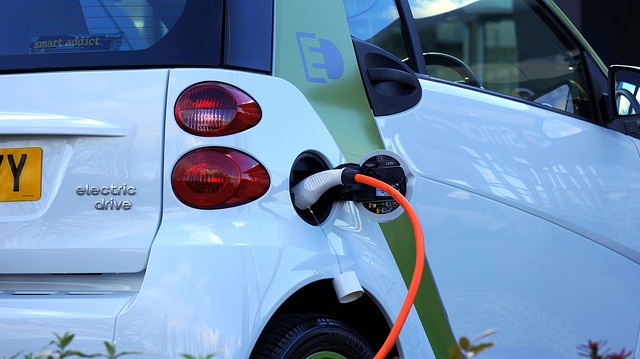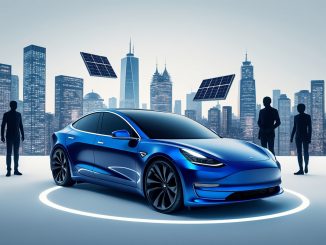
As one of the leading names in the auto market, Tesla Motors Inc (NASDAQ:TSLA) and its charismatic CEO, Elon Musk, have always been at the cutting edge of car technology. But as the market becomes saturated, is Tesla going the same route as Apple Inc. (NASDAQ:AAPL), losing its innovative streak and on the verge of being overtaken by rivals? Some analysts think so.
For 10 years, Tesla built its name on electric cars, providing eco-friendly technologies that its rivals could only dream of offering. But as other carmakers play catch up with Tesla’s technology, rivals are able to put out similar products at a much faster rate. Worst, the demand for electric cars accounts for a measly 1% of current global sales. In some markets, the sales are actually declining.
Tesla pioneered autopilot driving, developing a technology that promotes safety on the road. Since the feature was announced, every other carmaker offered a similar feature. Uber announced the roll out of a small fleet of self-driving Volvos, no doubt to steal the thunder from Lyft and General Motors (NYSE:GM), which are slated to launch their own driverless cars in the coming months.
Meanwhile, Ford Motor is also delving deep in the autonomous driving segment, announcing plans to launch a fleet of autonomous cars in 2021. The American truck brand raised the stakes by offering cars with zero steering wheels and pedals.
While Tesla’s own autopilot feature is evolving, it is going through grave developmental issues as the company struggles to go head to head with larger, more established car brands like Ford and General Motors. Unfortunately, Tesla has grown to a point where it can no longer run like a lean startup; everything has to be built on a larger scale to keep up with the competition. But building cars is a complicated process that requires careful attention to details.
CEO Musk says he hopes to improve the company’s production process to roll out cars at a much faster rate but no other car brand was able to devise ways to do so since Toyota in the 80s.
Unlike Tesla, most carmakers do not regard autonomy as their core business. This allowed Tesla rivals to explore potentially profitable projects on the side.
For instance, although Uber remains dependent on human drivers to chauffeur customers around, experimenting with driverless vehicles could generate more profits and reduce issues related to hiring human drivers. The side project could turn out to be a major moneymaker for Uber. That said, computers cannot react to real world issues on the road the same way a human brain could.
Tesla’s autonomous driving feature forced other carmakers to develop similar technology much like how Apple’s iPhone changed the smartphone landscape forever. Although Tesla remains as the authority in self-driving technology, the Palo Alto, California-based company cannot afford to rest on its laurels if it plans to take over the auto industry on a global scale.
- Bulenox: Get 45% to 91% OFF ... Use Discount Code: UNO
- Risk Our Money Not Yours | Get 50% to 90% OFF ... Use Discount Code: MMBVBKSM
Disclaimer: This page contains affiliate links. If you choose to make a purchase after clicking a link, we may receive a commission at no additional cost to you. Thank you for your support!



Leave a Reply